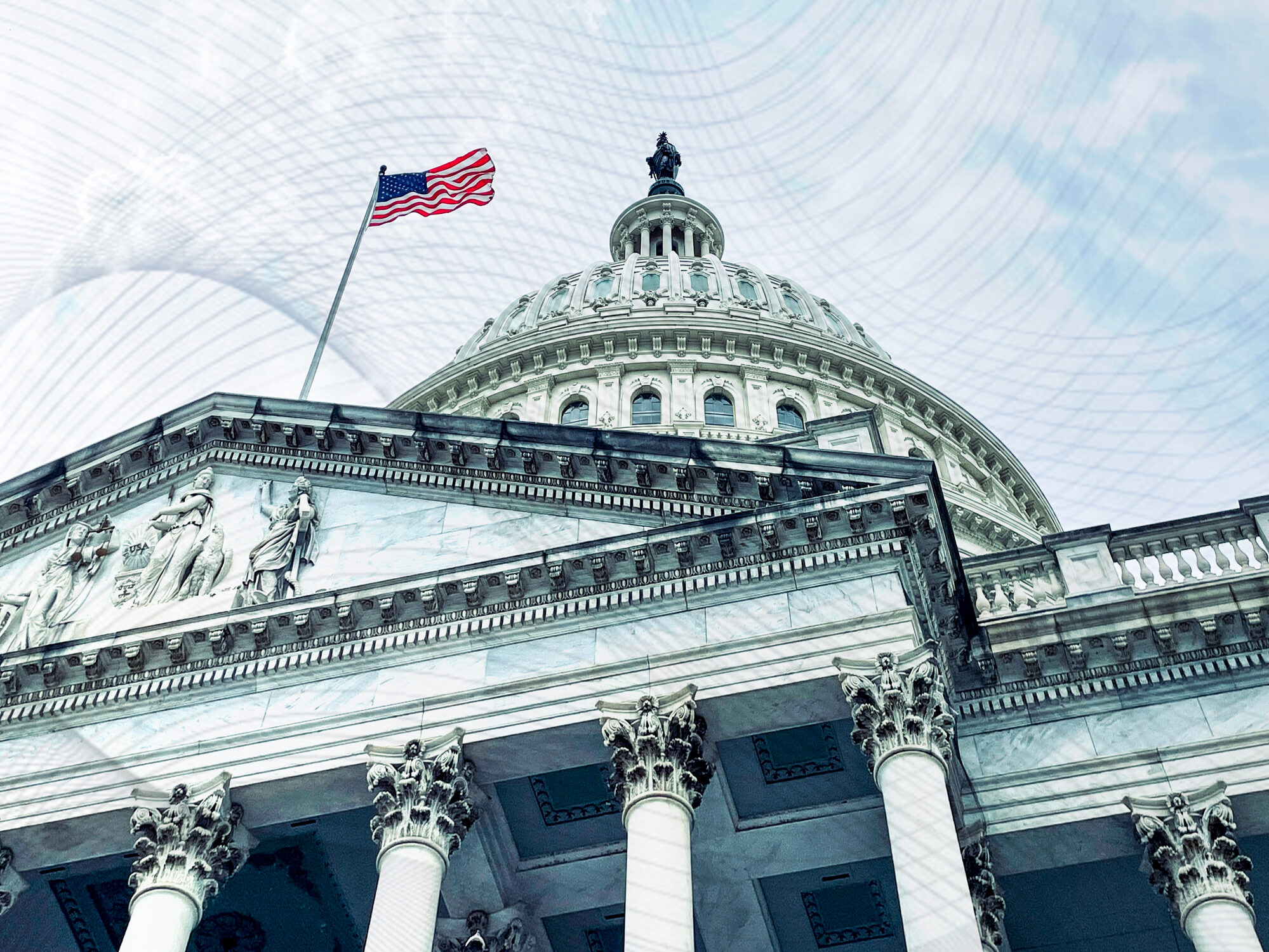
ICYMI: Former U.S. Sen. Toomey for Newsweek: “Washington Must Continue to Roll Back Democrat-Era Financial Regulatory Abuses”
May 2, 2025
“A depoliticized financial sector is vital not only to protect individual industries, but to uphold broader American principles of free enterprise, innovation, and opportunity.”
In case you missed it, Americans for Free Markets (AFFM) Advisor and former U.S. Senator Pat Toomey (R-PA) recently penned an op-ed in Newsweek discussing the progress that the Trump administration and Republican lawmakers are making to unwind misguided Democrat-era banking regulations, particularly around government-driven debanking.
As Sen. Toomey writes for Newsweek, some of the main drivers of regulatory debanking include:
- Broad Regulations: Banks must follow regulations like the Bank Secrecy Act (BSA) which “obliges banks to monitor for any transaction that deviates from a customer’s “normal activity”—a nebulous requirement with no objective benchmarks—and even file a Suspicious Activity Report (SAR) with the government.” If banks believe there’s even a slight risk of illicit activity by a customer, they typically then must report it to the Treasury Department’s Financial Crimes Enforcement Network (FINCEN) as well as “cease doing business with that customer, and refrain from explaining the sudden debanking to their customer.” As Sen. Toomey notes, it is “no wonder legitimate businesses can be outraged.”
- Regulatory Malfeasance: Senator Toomey noted Operations Choke Point 1.0 and 2.0, in which “the White House directed financial regulators to apply pressure on banks to debank customers in certain industries it disliked, including gun manufacturers and small dollar lenders” under former President Obama. While it was halted during the first Trump administration, the Biden administration continued it through “Operation Choke Point 2.0, this time denying banking services to crypto-oriented firms.”
There has been progress led by Republican lawmakers and the current administration to roll back these regulatory abuses, including through:
- FDIC & OCC Announcements: “In March, the Trump Federal Deposit Insurance Corporation (FDIC) announced plans to release a framework that removes all references to reputational risk from its guidance. The Office of the Comptroller of the Currency (OCC) took similar steps to removing regulatory barriers to cryptocurrency in banking while preserving the regulator’s ability to assess safety and soundness. The OCC then announced that it, too, would remove reputational risk from its supervisory process altogether.”
- Legislative Momentum: “On the legislative front, Representatives Andy Barr and Ritchie Torres, on the House Committee on Financial Services, introduced bipartisan companion legislation to Senate Banking Committee Chairman Tim Scott’s bill, the Financial Integrity and Regulation Management (FIRM) Act, to stop debanking by regulation. These bills will prevent regulators from using so-called “reputational risk” as a tool for discriminating against disfavored industries.”
Sen. Toomey goes on to note the importance of codifying these bills into law to ensure “that future administrations are prevented by law from weaponizing regulatory powers,” while also warning lawmakers to be wary of overcorrection.
Rather, Sen. Toomey recommends that lawmakers focus on reforming certain regulatory rules, including “current BSA and anti-money laundering (AML) framework as well as updating the threshold for filing SARs to modernize and better protect the banking system and serve American businesses and taxpayers.” He also advises state legislatures from “enacting their own patchwork of state-based regulations of national banks,” as these would lead to a fragmented regulatory system full of litigation inefficiency and confusion.
Sen. Toomey concludes the piece by calling on lawmakers to “to capitalize on the momentum to rid our financial service systems from politicized regulations and instead focus on policies that ensure sound, unambiguous regulations free from political bias that don’t overregulate the free market.”
To read the full piece on Newsweek, click HERE.

